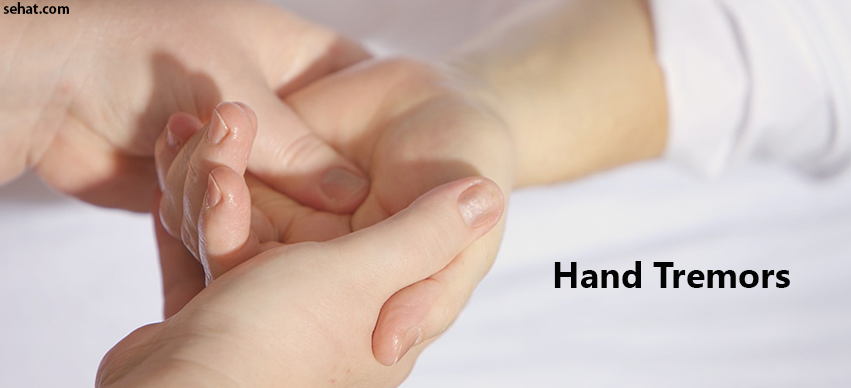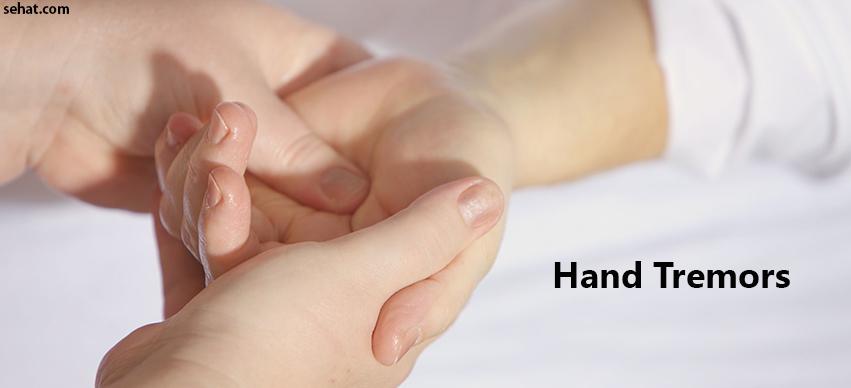How Communities Are Changing the Way We Think About Aging in..
8 Min Read


Have you noticed your hands shaking, especially when you lift something? Feel a slight tremor in your hands when it is resting? These shakes are known as hand tremors. These tremors do not threaten life but can make everyday tasks difficult. In some cases, it could be a sign warning you of a neurological or degenerative condition. Knowing what shaking hands mean and what causes them can help you notice them before they become an issue. We have gathered the information and put it in the article so that you understand these tremors better.
A tremor is an unconscious recurring to and from muscle movements of one or more body parts. It is one of the commonest involuntary movements and can affect your hands, face, arms, legs and the trunk. In a few cases, it could be a symptom of an underlying neuro disorder or could be one of the effects of a few medications.
Shaking hands don’t always mean Parkinson’s disease. However, it definitely means an essential tremor. An essential tremor is a common neurological issue affecting adults, but there is very little information available about it. Any problems in parts of the brain that control muscle movement in the body cause tremors in a specific body part like the legs or hands. Neurological ailments like stroke, multiple sclerosis, brain injury, degenerative diseases that damage parts of the cerebellum often produce hand tremors.
Other causes of hand tremors are a seizure, overexcited thyroid, Huntington’s disease, side effects of prescription drugs, too much caffeine, drug addiction, excessive drinking, depression, low blood sugar, mercury poisoning or liver failure. A few types of tremors are hereditary and can affect the whole family, while in other forms there are no specific causes.
Features of tremors: Take a look at some of the features of tremors.
Middle-aged and older people suffer from tremors most often, though it can happen at any age. The shaking could be for some time, happen occasionally or sporadically. Another way to understand tremors is to understand the type of tremor it is.
As the name suggests, a resting tremor occurs when your muscles are relaxed and resting on the lap or just hanging next to the trunk when you walk or stand. It could also be shaking in the legs even when you are sitting or lying down. Most often such tremors are noticed in people suffering from Parkinson’s and a resting tremor most often affects your hands or fingers.
Such a tremor happens during different movements of the affected part of your body. These tremors can be categorized further into postural, kinetic, intention, task-specific and isometric tremor. When you find your arms or legs shaking while holding a certain posture against the gravity, it is known as a postural tremor. A good example would be sitting with your arms stretched outward.
Kinetic tremors occur when you are performing a certain action, like moving your arm up and down, and intention tremor happens when you try to touch your nose with a finger on purpose. A task-specific tremor is when you are doing a specific task like writing, drawing or speaking. An isometric tremor is when your muscle contracts compulsorily even if there is no other movement.
A physical exam can help you diagnose tremors. The doctor can check to understand if these hand tremors occur when they are resting or when you are performing a specific action. Doctors often check for weakness or muscle waste, reduced reflexes, sensory loss and tremor symmetry. Family history may tell us if your tremor is hereditary.
A blood test or urine test can further help the doctor detect if there are any other abnormalities such as an over stressed thyroid, metabolic issues, and abnormal levels of chemicals or hormones in the body. Such tests can also help to detect underlying causes such as side effects of medications, prolonged alcohol drinking etc.
Diagnostic tests such as an MRI or computerized tomography can help the doctor understand if the tremor is caused due to a physical defect or brain malfunction. Once the doctor understands the cause he or she may carry out a nerve exam to examine nerve function, motor, and sensory skills. These tests look for limitations in performing tasks like holding a cup or writing. Another test known as the electromyogram may be done to check for muscle and nerve issues. It often measures unconscious activity of the muscle and its response to nerve stimuli
Not all tremors need treatment. Your physician can decide the course of treatment you may need. As a first step, he may prescribe medications. If meds don’t work, then the doctor may prescribe beta-blockers sotalol or atenolol. These meds are used to treat high blood pressure and arrhythmia, but can also be prescribed for essential tremors. If these tremors are far advanced then deep brain stimulation and thalamotomy are surgeries the doctor may recommend.
Changes in lifestyle and habits may also be used as a treatment for shaking hands. Here’s what you can do:
Use objects that are heavy. Get heavy silverware and other utensils to replace the lighter ones. The added weight may help you hold the silverware better. Use items that are specially designed to offer a better grip and help to control the shaking in your hands. You could also wear weights on your wrist to control tremors in your arm.
Now that you understand tremors a little bit more, make a note of any changes. However, this doesn’t mean you should not consult your doctor. Consulting Best Neurologists in Hyderabad or the city you live in is the first step you need to do when you first find your hands shaking.